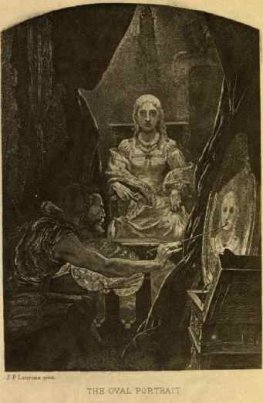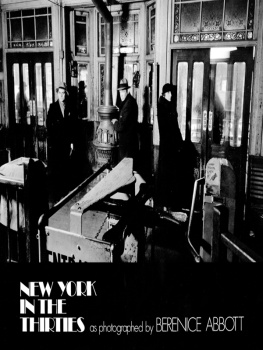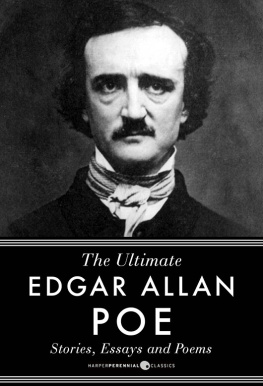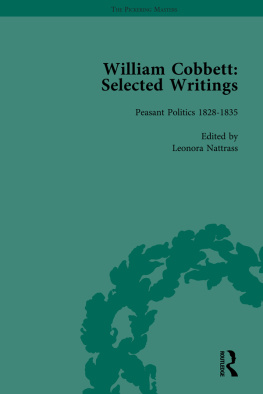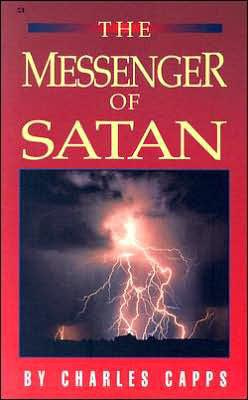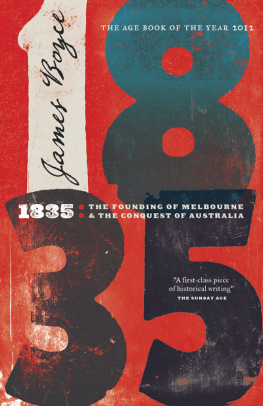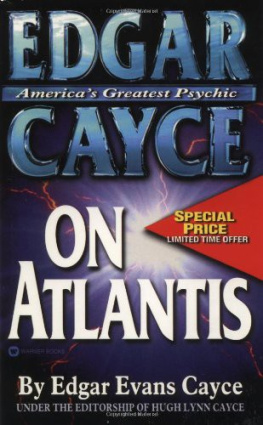Edgar Poe - Berenice
Here you can read online Edgar Poe - Berenice full text of the book (entire story) in english for free. Download pdf and epub, get meaning, cover and reviews about this ebook. genre: Science fiction. Description of the work, (preface) as well as reviews are available. Best literature library LitArk.com created for fans of good reading and offers a wide selection of genres:
Romance novel
Science fiction
Adventure
Detective
Science
History
Home and family
Prose
Art
Politics
Computer
Non-fiction
Religion
Business
Children
Humor
Choose a favorite category and find really read worthwhile books. Enjoy immersion in the world of imagination, feel the emotions of the characters or learn something new for yourself, make an fascinating discovery.
- Book:Berenice
- Author:
- Genre:
- Rating:5 / 5
- Favourites:Add to favourites
- Your mark:
- 100
- 1
- 2
- 3
- 4
- 5
Berenice: summary, description and annotation
We offer to read an annotation, description, summary or preface (depends on what the author of the book "Berenice" wrote himself). If you haven't found the necessary information about the book — write in the comments, we will try to find it.
Berenice — read online for free the complete book (whole text) full work
Below is the text of the book, divided by pages. System saving the place of the last page read, allows you to conveniently read the book "Berenice" online for free, without having to search again every time where you left off. Put a bookmark, and you can go to the page where you finished reading at any time.
Font size:
Interval:
Bookmark:
BERENICE
A TALE
BY Edgar A. Poe
MISERY is manifold. The wretchedness of earth is multiform. Overreaching the wide horizon like the rainbow, its hues are as various as the hues of that arch, as distinct too, yet as intimately blended. Overreaching the wide horizon like the rainbow! How is it that from Beauty I have derived a type of unloveliness? from the covenant of Peace a simile of sorrow? But thus is it. And as, in ethics, Evil is a consequence of Good, so, in fact, out of Joy is sorrow born. Either the memory of past bliss is the anguish of to-day, or the agonies which are, have their origin in the ecstasies which might have been. I have a tale to tell in its own essence rife with horror I would suppress it were it not a record more of feelings than of facts.
My baptismal name is Egus that of my family I will not mention. Yet there are no towers in the land more time-honored than my gloomy, grey, hereditary halls. Our line has been called a race of visionaries: and in many striking particulars in the character of the family mansion in the frescos of the chief saloon in the tapestries of the dormitories in the chiseling of some buttresses in the armory but more especially in the gallery of antique paintings in the fashion of the library chamber and, lastly, in the very peculiar nature of the librarys contents, there is more than sufficient evidence to warrant the belief.
The recollections of my earliest years are connected with that chamber, and with its volumes of which latter I will say no more. Here died my mother. Herein was I born. But it is mere idleness to say that I had not lived before that the soul has no previous existence. You deny it. Let us not argue the matter. Convinced myself I seek not to convince. There is, however, a remembrance of rial forms of spiritual and meaning eyes of sounds musical yet sad a remembrance which will not be excluded: a memory like a shadow, vague, variable, indefinite, unsteady and like a shadow too, in the impossibility of my getting rid of it, while the sunlight of my reason shall exist.
In that chamber was I born. Thus awaking, as it were, from the long night of what seemed, but was not, nonentity at once into the very regions of fairy land into a palace of imagination into the wild dominions of monastic thought and erudition it is not singular that I gazed around me with a startled and ardent eye that I loitered away my boyhood in books, and dissipated my youth in reverie but it is singular that as years rolled away, and the noon of manhood found me still in the mansion of my fathers it is wonderful what stagnation there fell upon the springs of my life wonderful how total an inversion took place in the character of my common thoughts. The realities of the world affected me as visions, and as visions only, while the wild ideas of the land of dreams became, in turn, not the material of my every-day existence but in very deed that existence utterly and solely in itself.
* * *Berenice and I were cousins, and we grew up together in my paternal halls Yet differently we grew. I ill of health and buried in gloom she agile, graceful, and overflowing with energy. Hers the ramble on the hill side mine the studies of the cloister. I living within my own heart, and addicted body and soul to the most intense and painful meditation she roaming carelessly through life with no thought of the shadows in her path, or the silent flight of the raven-winged hours. Berenice! I call upon her name Berenice! and from the grey ruins of memory a thousand tumultuous recollections are startled at the sound! Ah! vividly is her image before me now, as in the early days of her light-heartedness and joy! Oh! gorgeous yet fantastic beauty! Oh! Sylph amid the shrubberies of Arnheim! Oh! Naiad among her fountains! and then then all is mystery and terror, and a tale which should not be told. Disease a fatal disease fell like the Simoom upon her frame, and, even while I gazed upon her, the spirit of change swept over her, pervading her mind, her habits, and her character, and, in a manner the most subtle and terrible, disturbing even the very identity of her person! Alas! the destroyer came and went, and the victim where was she? I knew her not or knew her no longer as Berenice.
Among the numerous train of maladies, superinduced by that fatal and primary one which effected a revolution of so horrible a kind in the moral and physical being of my cousin, may be mentioned as the most distressing and obstinate in its nature, a species of epilepsy not unfrequently terminating in trance itself trance very nearly resembling positive dissolution, and from which her manner of recovery was, in most instances, startlingly abrupt. In the meantime my own disease for I have been told that I should call it by no other appellation my own disease, then, grew rapidly upon me, and, aggravated in its symptoms by the immoderate use of opium, assumed finally a monomaniac character of a novel and extraordinary form hourly and momentarily gaining vigor and at length obtaining over me the most singular and incomprehensible ascendancy. This monomania if I must so term it consisted in a morbid irritability of the nerves immediately affecting those properties of the mind, in metaphysical science termed the attentive. It is more than probable that I am not understood but I fear that it is indeed in no manner possible to convey to the mind of the merely general reader, an adequate idea of that nervous intensity of interest with which, in my case, the powers of meditation (not to speak technically) busied, and, as it were, buried themselves in the contemplation of even the most common objects of the universe.
To muse for long unwearied hours with my attention rivetted to some frivolous device upon the margin, or in the typography of a book to become absorbed for the better part of a summers day in a quaint shadow falling aslant upon the tapestry, or upon the floor to lose myself for an entire night in watching the steady flame of a lamp, or the embers of a fire to dream away whole days over the perfume of a flower to repeat monotonously some common word, until the sound, by dint of frequent repetition, ceased to convey any idea whatever to the mind to lose all sense of motion or physical existence in a state of absolute bodily quiescence long and obstinately persevered in Such were a few of the most common and least pernicious vagaries induced by a condition of the mental faculties, not, indeed, altogether unparalleled, but certainly bidding defiance to any thing like analysis or explanation.
Yet let me not be misapprehended. The undue, intense, and morbid attention thus excited by objects in their own nature frivolous, must not be confounded in character with that ruminating propensity common to all mankind, and more especially indulged in by persons of ardent imagination. By no means. It was not even, as might be at first supposed, an extreme condition, or exaggeration of such propensity, but primarily and essentially distinct and different. In the one instance the dreamer, or enthusiast, being interested by an object usually not frivolous, imperceptibly loses sight of this object in a wilderness of deductions and suggestions issuing therefrom, until, at the conclusion of a day-dream often replete with luxury, he finds the incitamentum or first cause of his musings utterly vanished and forgotten. In my case the primary object was invariably frivolous, although assuming, through the medium of my distempered vision, a refracted and unreal importance. Few deductions if any were made; and those few pertinaciously returning in, so to speak, upon the original object as a centre. The meditations were never pleasurable; and, at the termination of the reverie, the first cause, so far from being out of sight, had attained that supernaturally exaggerated interest which was the prevailing feature of the disease. In a word, the powers of mind more particularly exercised were, with me, as I have said before, the
Font size:
Interval:
Bookmark:
Similar books «Berenice»
Look at similar books to Berenice. We have selected literature similar in name and meaning in the hope of providing readers with more options to find new, interesting, not yet read works.
Discussion, reviews of the book Berenice and just readers' own opinions. Leave your comments, write what you think about the work, its meaning or the main characters. Specify what exactly you liked and what you didn't like, and why you think so.



